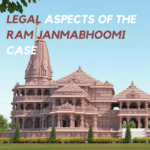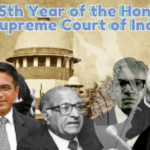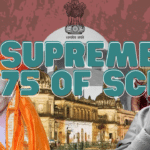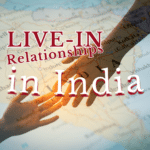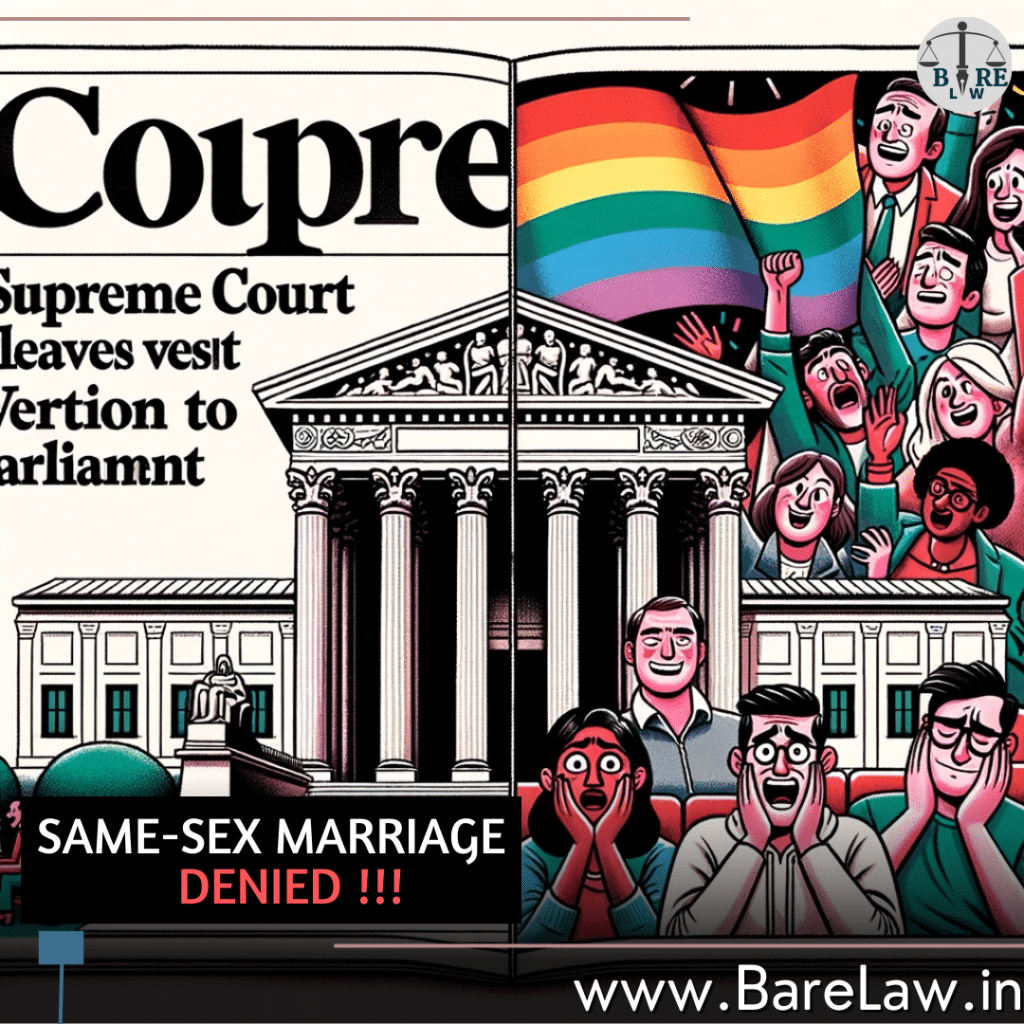
Same-Sex Marriage
The recent decision by the Supreme Court of India (SCI) regarding same-sex marriage has garnered a myriad of reactions and discussions. On October 17, 2023, the five-judge constitution bench of the Supreme Court unanimously declined to legalize same-sex marriage, leaving the matter to the Parliament. The Court contended that it’s the legislature’s purview to decide on this issue, aligning with the government’s stance that equated the legalization of same-sex marriages to a departure from the traditional Indian family unit concept12.
The Chief Justice of India, D.Y. Chandrachud, expressed that the right to choose one’s partner and have that union recognized is inherent, and a failure to do so could lead to discrimination against queer couples. However, despite this perspective, the bench did not grant legal recognition to same-sex marriages3.
The verdict further specified that states have the autonomy to enact laws legalizing same-sex marriages in the absence of a central law, suggesting a decentralized approach to the issue4. This decision came in response to 21 petitions by same-sex couples seeking legal recognition of their unions, which the Court refused to grant under the Special Marriage Act of 19545.
The verdict has been seen as a disappointment by the LGBTQ community, and by some as a step back, especially after the 2018 ruling that decriminalized homosexuality in India. The Court’s stance was perceived as regressive by LGBTQ rights activists, who were hoping for a more progressive judgment in line with the global movement towards recognizing LGBTQ rights6.
Moreover, imagery from the day of the verdict showcases the emotional distress within the LGBTQ community, who were pictured holding hands as they awaited the verdict outside the court premises7.
Further dissecting the judgment revealed a 3:2 verdict against legalizing same-sex marriage, with all judges agreeing that marriage isn’t a fundamental right, but there was a divergence on the issue of adoption for gay and unmarried couples8.
Notably, Prince Manvendra Singh Gohil, India’s first openly gay prince, expressed optimism for the future of LGBTQ+ rights in the country despite this setback, highlighting a continuous hope and fight for broader acceptance and legal recognition within the society9.
The decision embodies a complex interplay of legal, social, and cultural perspectives, reflecting the ongoing dialogue and struggle for LGBTQ rights in India. It underscores the judicial restraint in deferring to the legislative process while also spotlighting the diverse opinions and the societal pulse on same-sex marriages in the country.
